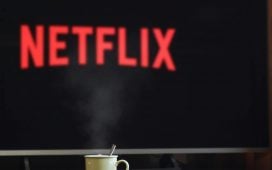By Manaswita Singh, executive director, Insights division, Kantar UAE
Manaswita Singh, Executive Director, Insights Division, Kantar UAEThe scale of COVID-19 already dwarfs the 2008 financial crisis, SARS, MERS and Ebola pandemics in recent memory.Self-isolation has put a pause to many things and made us re-evaluate our relationships and priorities.
The International Monetary Fund (IMF) officially declared that the world has entered a recession and it is abundantly clear that the GDP for most nations will take a beating, along with industrial output and overall production. Financial and economic uncertainty are exp
To continue reading this article you need to be registered with Campaign. Registration is free and only takes a minute. Register Now or sign in below if you already have an account.









